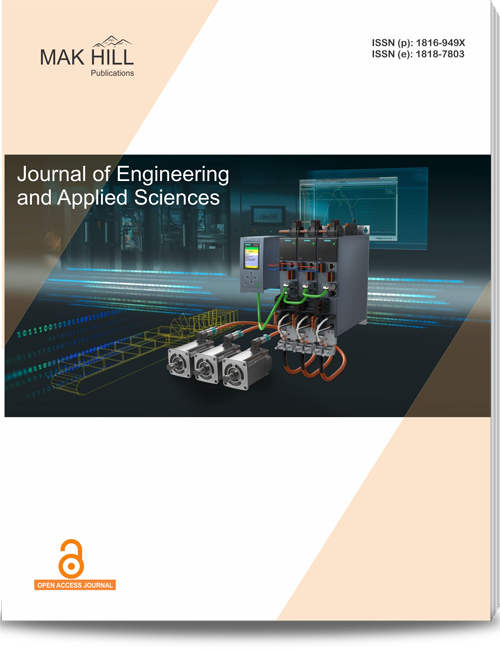
Journal of Engineering and Applied Sciences
ISSN: Online 1818-7803ISSN: Print 1816-949x
Abstract
Metallothioneins (MTs) is protein which binds metal, plentiful cysteine and low molecular weight. Metallothionein binds essential metals and has some cellular functions, there are: transportation, storage and detoxification of metal, essential metal metabolism, scavenger free radicals and immune responses. When lead (Pb) and Cadmium (Cd) were absorbed, it would be quickly bound by metallothionein and transported by blood to liver. Metallothionein was coded by MTs gen. The objective of this study is to identify the sequence of MTs gen in the gas station employee’s blood as a biomarker of body vulnerability by Pb and Cd exposure. This was a cross sectional study was conducted for 8 months and the location was a number of gas stations in Semarang and the sample were the gas station employees, as many as 52 employees. About 5 mL blood taken from each sample would be analyzed for the concentration of Pb and Cd by using Flame Atomic Absorbance Spectrofotometry (FAAS) and its MTs gen was analyzed by using Polymerase Chain Reaction (PCR). The data were analyzed by using SPSS for Windows 13. The result showed that Pb and Cd level in the blood of each gas station employee were 14,23±2,54 μg dB–1 and 3,22±5,24 μg dB–1 whereas metallothioneingen sequences showed 96% MTs gen expression are similar to normal human gen sequence according to BLAST GenBank. The gen expression of MT does not always reflect the accumulation of lead and cadmium in the gas station employee’s blood. It is possible that MT gen sequence has a limitation when it used for a biomarker to detect any heavy metals exposure in human body to determine the susceptibility of heavy metals exposure.
How to cite this article:
Ari Yuniastuti and Nur Kusuma Dewi. Identification of Blood’s Metallothionein Gen Sequences as a Biomarker of
Heavy Metal Exposure on the Gas Station Employee.
DOI: https://doi.org/10.36478/jeasci.2020.1262.1266
URL: https://www.makhillpublications.co/view-article/1816-949x/jeasci.2020.1262.1266